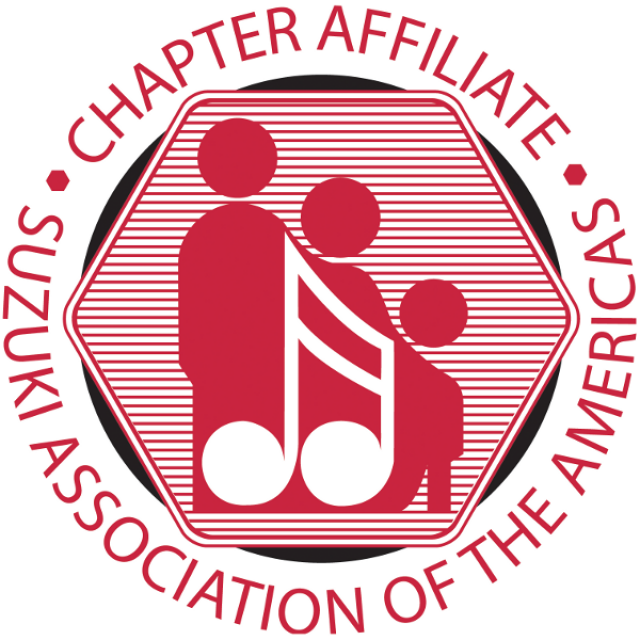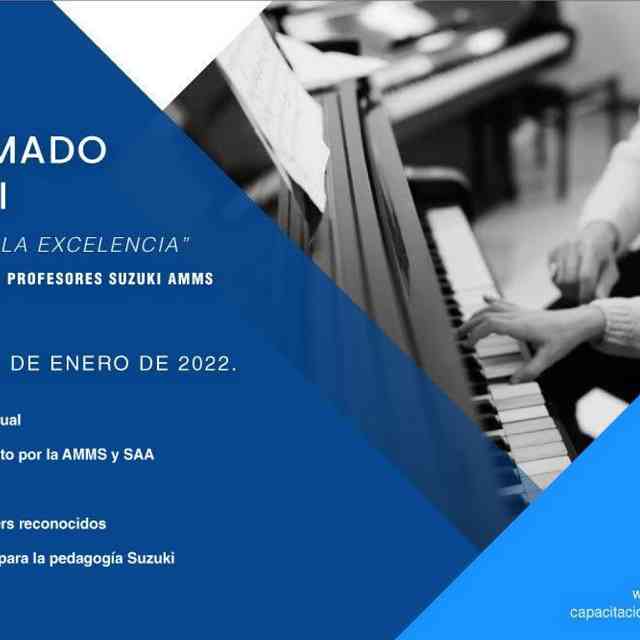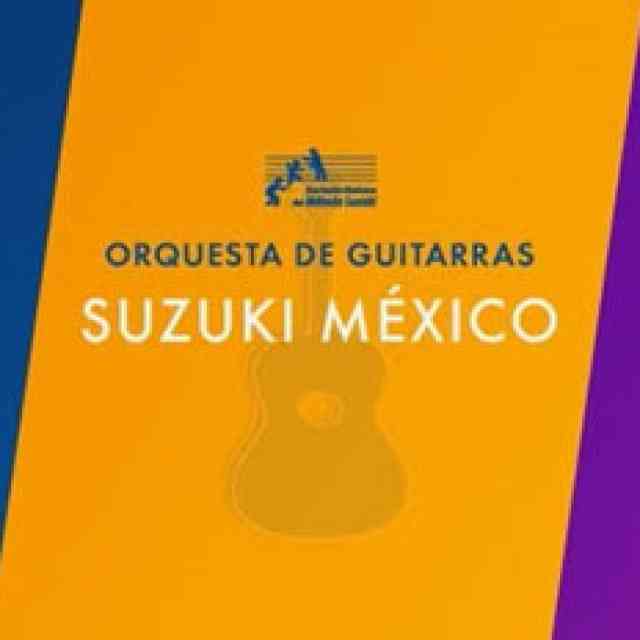Huánuco, “the city with the best climate in the world,” was the setting for several days of intense musical study. When the Director of the Instituto Superior de Música “Daniel Alomia Robles” first made contact with the Suzuki teachers in Lima, we welcomed the happy opportunity to move forward and work towards something better.
In January 2003 a delegation of teachers from Huánuco attended the XVIII Suzuki Festival in the city of Lima, thanks to scholarships awarded by the Suzuki Association of Peru with the support of the Peru National Youth Orchestras. Since then we have had a firm conviction and commitment to spread this philosophy and method of teaching music.
The XIX Suzuki Festival in 2004 inspired us to organize the II National Workshop in the city of Huánuco. The teachers Rosario Kong and Cristian Cachay took charge. At first they only had willingness filled with optimism and the faith that everything is possible if you act guided by vision, passion and the understanding that music nurtures the human spirit.
The unexpectedly massive turnout at the workshop surprised the organizers as well as the presenters, especially considering that the only publicity had been done through personal visits to the schools in the city. I went to each school and contacted the teachers directly, telling them in a summarized format what the Suzuki method was about. We searched for ways to overcome the economic problems that would have stopped them from attending the course. We suggested that the directors of each school support their teachers, as attendance at the course would mean that the quality of education would improve both at an intellectual, and more importantly, at a human level.
Teachers Carolina Fraser, Annika Petrozzi, Maria Luisa del Rio, Alexis Guillen and Isaac Garcia gave master classes to a keen audience, eager to assimilate the best of what this method has to offer. Children, parents, musicians and classroom teachers shared each moment of intense emotion that their teachers were imparting. In the Suzuki philosophy course and the early childhood course there were many teachers who had nothing to do with music, but were involved in other areas of education.
It is interesting to read the comments from participants following this event, such as: “The Suzuki philosophy is not just about musical development. It is more than that. It is preparing and reinforcing other areas of education.”
“Now I am motivated to work, applying this natural learning process to music teaching”; “I have always scolded my students when they couldn’t do something … now I must learn to congratulate them.” “Personally, I was taught how to teach”. These words show that the seed has been planted in the minds and hearts of the participants, and this fills me with infinite joy—perhaps even more than the success of the event itself.
This report would not be complete without mentioning maestro Wilfredo Tarazona, director of the Peruvian Youth Orchestras, who helped us with the publicity during the key moments prior to the event. At the same time, we would like to recognize el maestro Arturo Caldas y Caballero, Director of the ISMP “Daniel Alomía Robles” for having provided us with the facilities necessary for the event.
The beautiful and intense moments experienced both before and during the event, and afterwards the great satisfaction of having completed the task are retained in our memories and in our commitment to work towards a new pedagogy which embodies greater understanding of human nature.
Huanuco the beautiful and florid Andean valley of Peru, cradle of El Condor Pasa, the anthem of peace and goodwill, greets all the Suzuki Associations in the world and invites them to visit us and experience the kindness of our people and the beauty of our natural surroundings. Goodbye Suzuki friends until we meet again.
Translated by Caroline Fraser and Caitlin Blondet-Fraser









